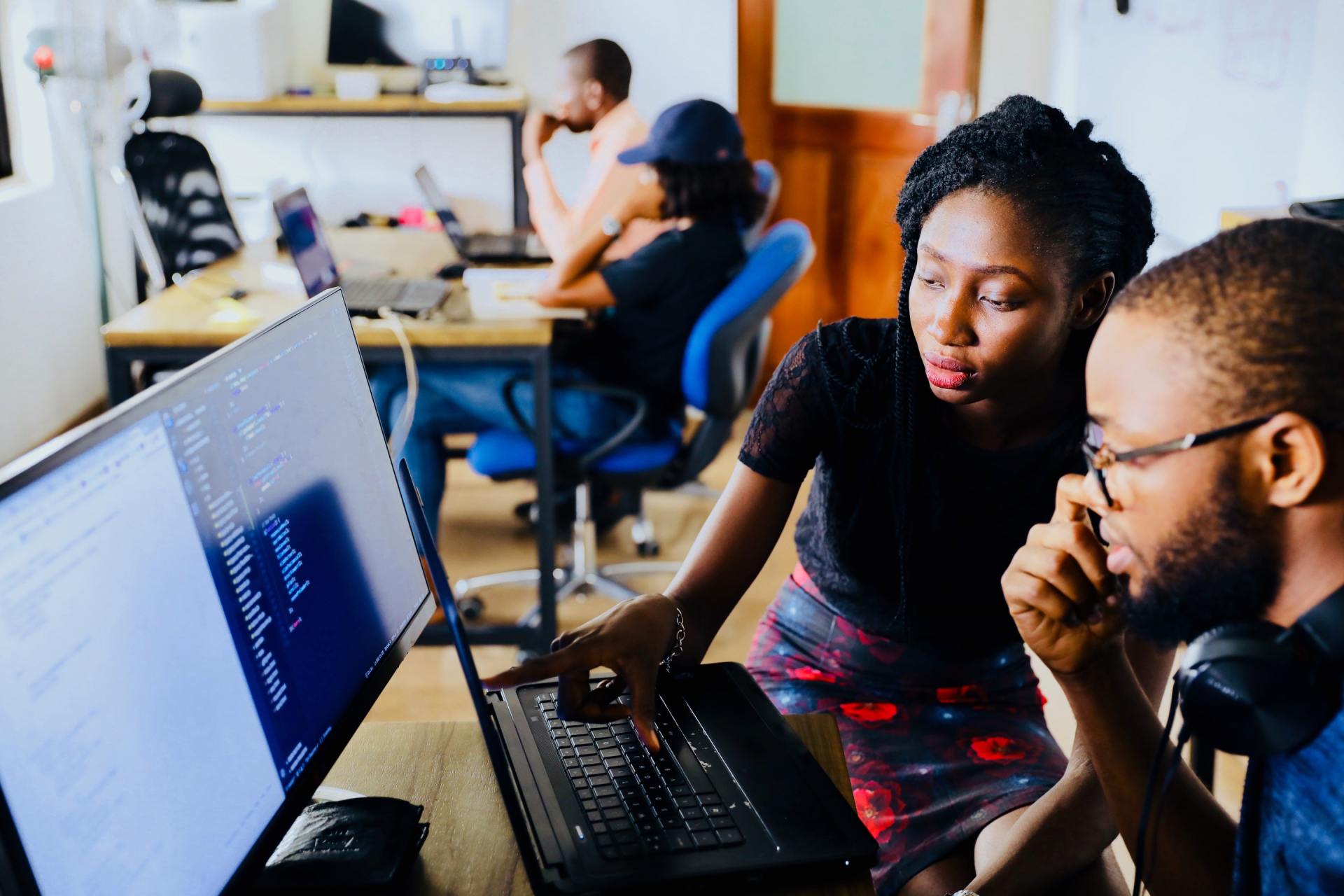Educating For The Modern Era And The Future
Believing that education alone is not enough but rather the need for appropriate education which is relevant for context
and time is one of the objectives of Haiti Tech Summit. This is why education around technology is paramount even for the
basics of work. We have endeavoured to help teach people across emerging markets and emerging communities ; the power of leveraging education in technology in order to build the appropriate skills. Haiti is proof of where many young people, people from very underprivileged backgrounds and even people with limited literacy, have been taught how to go on education platforms on their phones to do courses, how to do basic design work, how to research and how to provide services to a global market which can pay for such skills and service.
In a world where there is so much abundance, the missing link is how people can access the right information. This can be achieved through education, which helps people to learn. Leveraging technology helps provide high quality education and opportunities no matter which part of the country people or individuals find themselves. This provides a platform which can train teachers and they can also train the youth and pass on the information to them. The problem often is access to quality and appropriate education. The core mission for the Global Startup Ecosystem has been to increase access to people and through our digital platforms we have been able to train people across remote regions so long as they have access to a phone and connectivity. We saw with the global startup ecosystem that the best way of providing access to experts is through technology.
Within three years we have been able to help transform Haiti into one of the leading tech hubs and ecosystems of the Caribbean. Haiti now has the largest programming and developer communities in the region who have been educated to code and build platforms, websites, applications and more that help empower people and enterprises in the region. The belief that education has to serve the young, the old and be appropriate for the modern day and the future has been a core driver for us. This belief is the biggest reason we have been able to achieve so much so quickly. We are collectively educating over 6000 people in Haiti alone with our programs around technology, promoting understanding of the future of work, helping them gain new skills to reduce the level of unemployment, increasing literacy, female recruitment, self-empowerment and access to a wider global audience to further increase the propensity of continuous learning.
We have found education to be a catalyst to solve issues across all the rest of the SDGs from economic empowerment, gender equality, health, poverty and much more. This has been witnessed firsthand by seeing how relevant education around technology and access to technology has led to the lives of many people in Haiti and across the world being transformed through the programs and access we tirelessly work to provide. It has been an uplifting journey seeing less privileged people have their lives liberated through education and those with resources have their world views focused on regions that
have traditionally been relegated and not properly considered.
From Engage issue 20.





